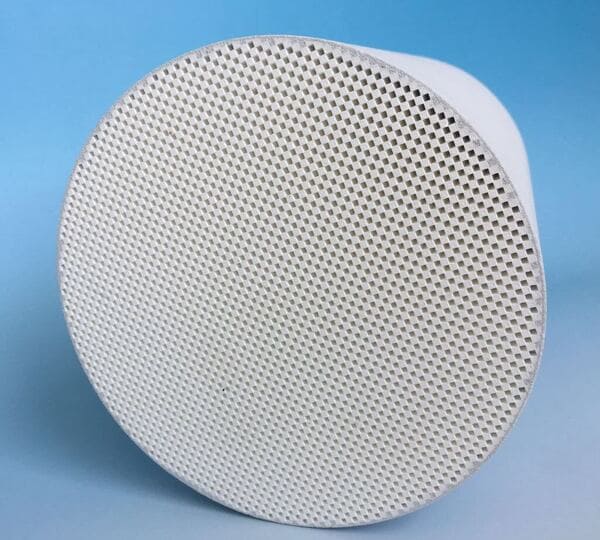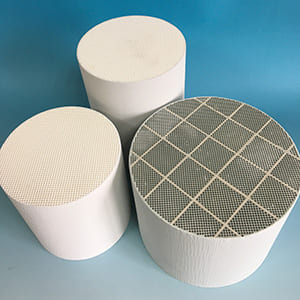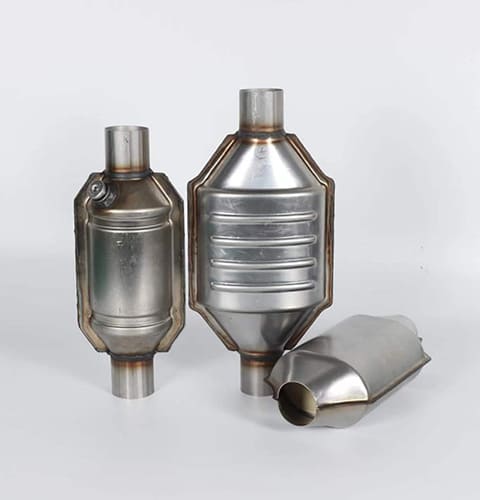In an era where stringent emission regulations are becoming the norm, how can businesses keep up? Are there tools that can help meet these regulations while also maintaining performance? Enter Diesel Particulate Filters (DPFs), a critical component in the fight against harmful diesel emissions. But how exactly do they help businesses comply with these stringent regulations?
The answer lies in the intricate design and functionality of the DPF. DPFs are engineered to trap and eliminate particulate matter (PM) from diesel engines, significantly reducing harmful emissions. By integrating DPFs into their equipment, businesses can ensure they are meeting the necessary emission standards, thus avoiding potential fines and contributing positively to environmental conservation efforts.
But how exactly does this work, and why should businesses care? Let’s delve deeper.

Why are DPFs Essential for Complying with Emission Regulations?
DPFs serve a dual purpose: they protect the environment and help businesses abide by the stringent emission regulations set by environmental agencies such as the EPA in the US and the European Environment Agency in Europe.
Regulations often set permissible emission limits for particulate matter, which diesel engines can surpass without a filtering system. DPFs play a critical role here, trapping the particulate matter and preventing it from being released into the atmosphere. This reduction in emissions allows businesses to meet or even exceed regulatory standards, helping them avoid hefty penalties and possible reputational damage.
What Happens if Businesses Don’t Comply?
Failing to comply with emission regulations can lead to severe consequences for businesses. Non-compliant businesses may face fines, lawsuits, or even shutdowns. By using DPFs, businesses safeguard themselves from such potential outcomes, thereby protecting their financial interests and corporate image.
How Do DPFs Work?
DPFs utilize a honeycomb structure, generally made from cordierite or silicon carbide, to capture and store exhaust soot. When the DPF becomes full, it goes through a process called regeneration to burn off the accumulated particulate matter. This process turns the particulate matter into ash, which significantly reduces harmful diesel emissions.
What Are Some Other Benefits of Using DPFs?
Beyond compliance with regulations, DPFs also offer additional benefits. They contribute to cleaner air, helping protect public health. They can also enhance a business’s image as an environmentally responsible entity, which can be beneficial in building trust with customers, partners, and the community.

Conclusion
In conclusion, Diesel Particulate Filters play a significant role in helping businesses comply with emission regulations. By reducing harmful emissions from diesel engines, they not only ensure regulatory compliance but also contribute to a healthier environment. This, in turn, helps businesses avoid fines and reputational damage, and positions them as environmentally responsible entities in their respective markets. Investing in DPFs is not just an obligation, but a smart business decision.


